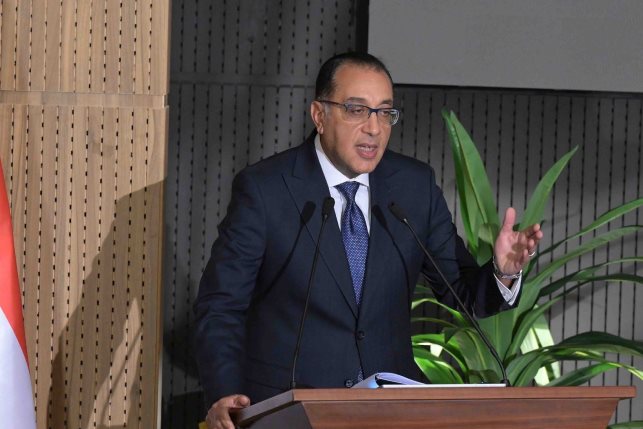Food industry is a key player in national economy and export growth | Investment Min
The minister emphasized that boosting exports, particularly of goods, is central to the government’s strategy for achieving sustainable economic growth

Highlighting the vital role of Egypt's food industry in the national economy, Minister of Investment and Foreign Trade Hassan El Khatib shared that the food industry accounts for around 14% of the country’s total exports.
El Khatib spoke during the First Conference of Food Industries Exporters, which aims to explore ideas for enhancing export development and is set to cover policies and procedures that could potentially boost the growth rate of Egyptian exports by over 20% annually.
The food industry boasts over EGP 500 billion worth of investments, El Khatib said, with 7,500 facilities in operation providing upwards of 7 million jobs.
The minister emphasized that boosting exports, particularly of goods, is central to the government’s strategy for achieving sustainable economic growth.
He pointed out that the food industry has seen significant growth over the past five years despite economic challenges, with the sector’s reliance on local ingredients and increasing investments are key factors in its success.
The foreign trade minister highlighted country’s goal to raise Egyptian exports to $140 billion, noting that it would require an increase in production investments by $40-50 billion.
To achieve this, El Khatib called for an investment policy that promotes private sector participation and innovation, and stressed the need for clear policies to encourage exports and improve local production standards to meet global specifications.
The ministry plans to review and streamline solutions to industry burdens to attract more investments and increase production efficiency.
Separately, Ashraf El-Sayed, Deputy Head of the Export Council for Food Industries, noted that the agricultural manufacturing sector contributes to 35-40% of Egypt’s food export revenues, emphasizing the necessity of a strategic policy over the next 5-10 years to meet Egypt’s export targets.
El-Sayed stressed the importance of strengthening rigorous food safety standards to ensure that Egyptian products remain competitive in international markets.
Mahmoud Bazan, a board member of the Food Industries Export Council, highlighted several challenges facing the sector, including delays in customs clearance, overdue payments to exporting companies, and lengthy port vacation periods, which can extend up to 10 days.
Bazan warned that such delays could harm Egypt’s reputation in international markets and affect export partnerships.





